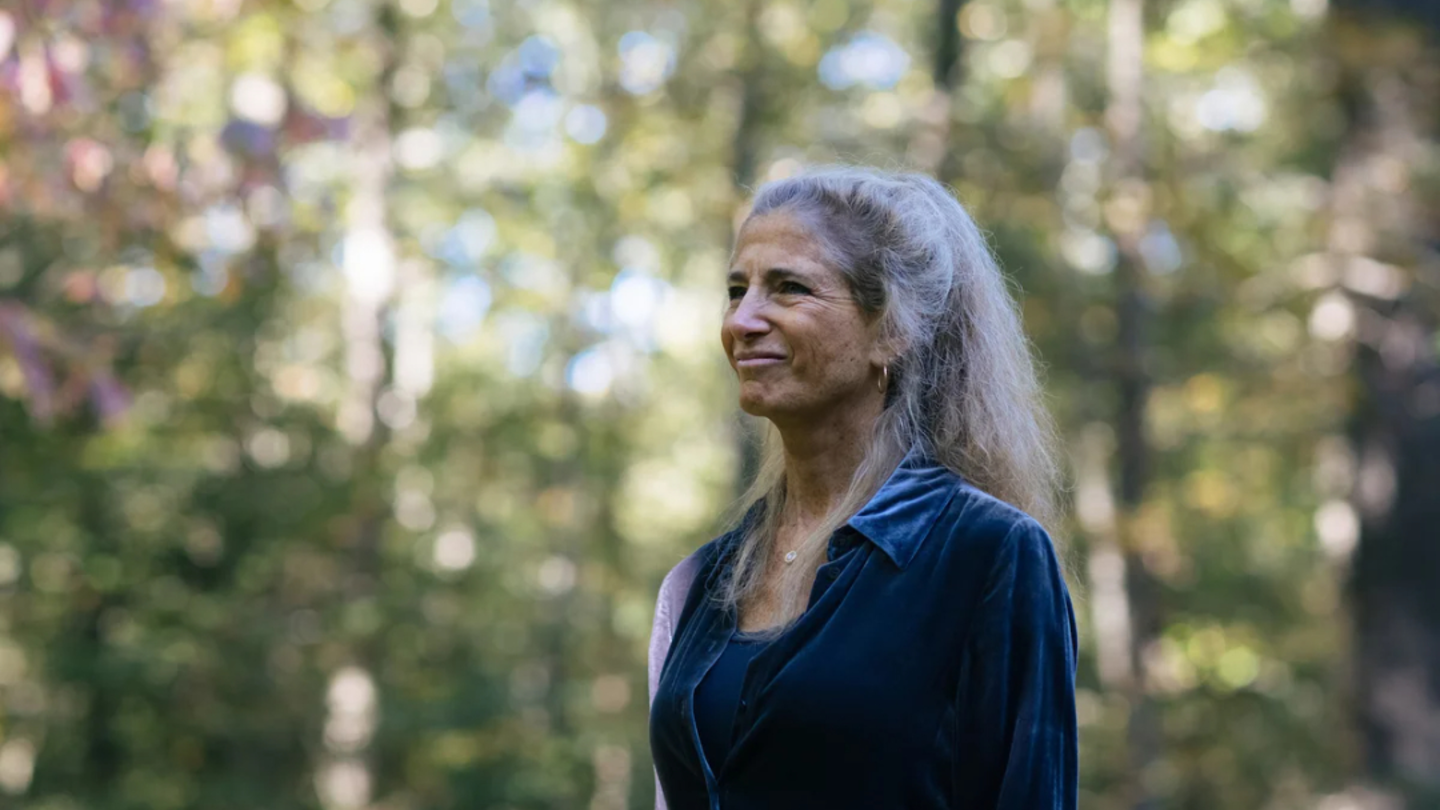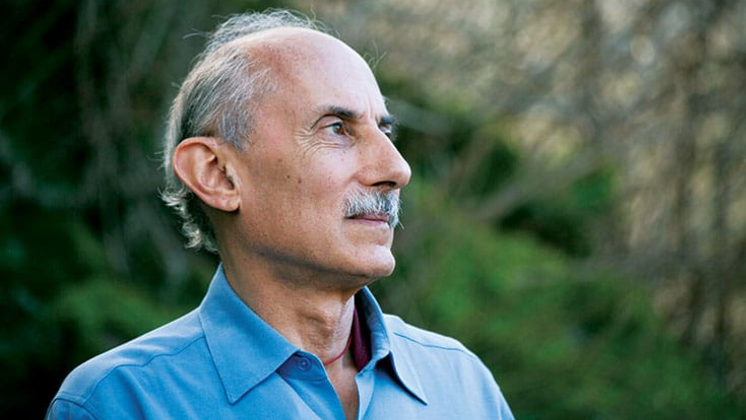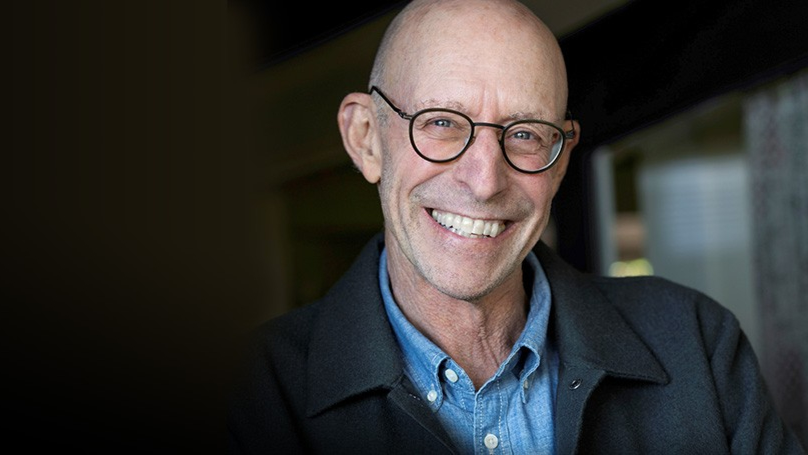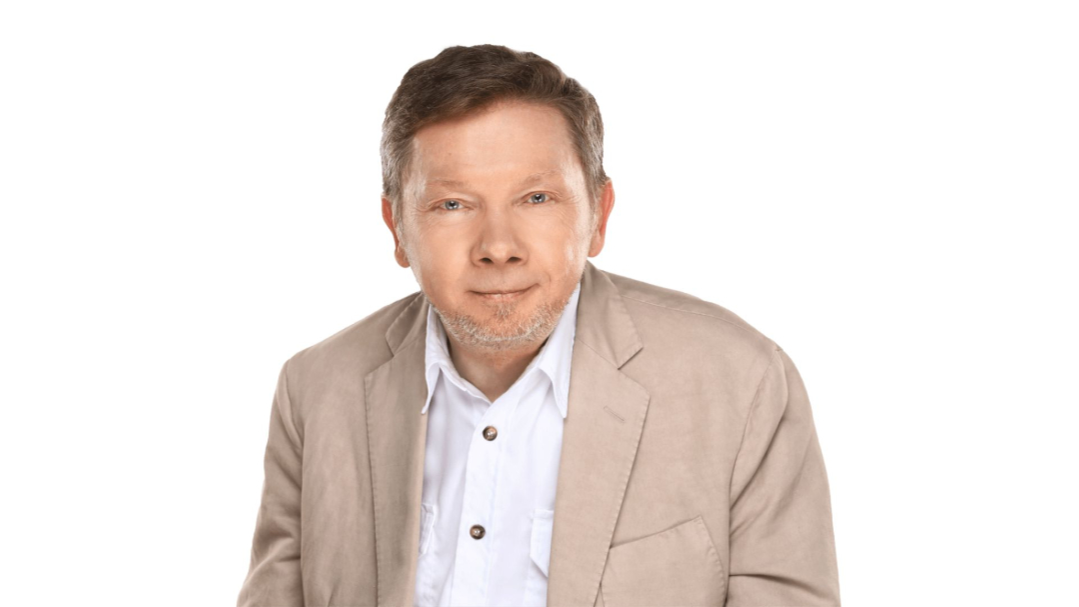
It’s strange how something as beautiful as growth can break your heart.
You begin walking a path of healing, meditation, or inner work — hoping to become more open, more loving, more whole — and you do. But somewhere along the way, you look around and realize the landscape has changed.
The people who once felt like home now seem far away. The conversations that used to feel rich now sound thin. The old ways of relating — the shared complaints, the mutual distractions — no longer fit.
And when you reach for connection, someone you love looks back at you and says, “You’ve changed.”
They don’t mean it as a compliment.
When Growth Creates Distance
Spiritual growth reshapes the inner architecture of perception. The more aware you become, the less tolerance you have for pretense — in yourself and others. This shift can be liberating, but it’s also disorienting.
For those who knew you before, your peace might feel like absence. Your clarity might feel like judgment. Your new way of seeing the world can mirror their discomfort with their own.
It’s not that you’ve become superior — you’ve simply outgrown certain dynamics that once sustained the relationship. Where you once bonded through shared wounds, now you’re drawn toward wholeness. Where you once met in reactivity, you now pause and breathe. That pause can feel like distance to those still living inside the noise.
This is one of the quiet heartbreaks of awakening: realizing that love alone isn’t always enough to sustain a relationship when consciousness evolves unevenly.
The Invisible Breakup
There’s a kind of breakup that doesn’t involve anger or betrayal — only silence. You keep showing up, but the resonance fades. The old rhythm of connection falters, not through neglect but through transformation.
You laugh less together.
You explain more and are understood less.
You start editing your truth to keep the peace.
And eventually, you realize you’re not being met. You still care, but you can no longer shrink yourself to fit the frame of who you were when you met them.
This invisible breakup — the fading of resonance — is one of the most tender forms of grief. It’s the ache of love that no longer finds a home in its old form.
Why Others Pull Away
To those who haven’t walked the same terrain, your changes can feel threatening. When someone around us grows in self-awareness, it exposes where we haven’t. Not by words — but by presence.
Your calm may unsettle their chaos. Your forgiveness might challenge their resentment. Your stillness could amplify their restlessness.
People often love us most when we reinforce their worldview. Growth, by its nature, disrupts that equilibrium. Even subtle shifts in your energy can make others feel unseen or invalidated, simply because you no longer engage in the same patterns that once defined the relationship.
It’s painful, but it’s also sacred. Every soul must move at its own pace. Trying to drag someone forward before they’re ready isn’t compassion; it’s interference.
Holding the Dual Truth
One of the hardest lessons of spiritual maturity is learning to hold two truths at once:
- That you can love someone deeply.
- And that the form of that love may no longer fit.
Growth doesn’t cancel connection, but it changes the way connection can exist. Some relationships can adapt — evolving into new expressions of mutual respect and space. Others dissolve naturally, making room for new resonance.
Grief enters when the heart still feels love, but reality no longer supports its old expression. That grief is not a sign that something went wrong; it’s proof that love was real.
The Misunderstood Kindness of Distance
When you stop engaging in drama, manipulation, or emotional games, some will interpret it as indifference. But conscious distance is not rejection — it’s clarity.
Sometimes, the most loving act is to stop pretending — to let a relationship rest instead of forcing it into a shape that no longer fits. Real compassion doesn’t cling. It honors timing.
You don’t have to cut people out; you just stop contracting to meet them. You remain open-hearted, but you no longer dim your light to preserve comfort. Over time, some may rise to meet you in this new frequency. Others will fall away. Both outcomes are grace.
The Body Remembers
Even when the mind understands, the body still grieves. You may wake in the night with a hollow ache, missing laughter that no longer happens, rituals that no longer exist. This is natural.
Grief is the body’s way of rebalancing energy after connection breaks. Don’t rush it away. Let the tears move through. They aren’t about loss alone; they’re also a form of purification — the nervous system releasing its attachment to old patterns of love.
You’re not regressing by feeling pain. You’re integrating by allowing it.
Meeting Loneliness with Light
Loneliness after transformation is not a step backward — it’s a sign of refinement. The silence that follows disconnection is space for deeper resonance to emerge.
Use it as invitation rather than punishment. Let it refine your discernment about what relationships feel mutual, reciprocal, and aligned.
It’s through this loneliness that a truer sense of companionship begins — one rooted not in similarity, but in shared sincerity. The people who meet you in this stage won’t need explanations. Your being will speak for itself.
Beyond Blame
When you no longer need others to validate your choices, forgiveness arises naturally. You stop labeling anyone as “less conscious.” You see that everyone is exactly where they need to be, doing the best they can within the limits of their awareness.
The grief remains, but it softens. Love becomes less personal, more spacious — no longer bound by proximity or agreement. You realize that separation is only real at the surface level; beneath it, all hearts remain connected in the same vast field.
The Quiet Gift of Loss
Every soul you outgrow leaves an imprint — not as a wound, but as a teacher. They carried you as far as they could, and you carried them. That’s sacred.
When you let go without resentment, you don’t lose love — you expand it. You move from loving someone because they are yours to loving them because they are.
That’s the quiet gift of spiritual growth: to keep your heart open, even as forms fall away.
Closing Reflection
You didn’t do anything wrong by changing.
And they didn’t do anything wrong by not changing with you.
Grief simply marks the boundary between one chapter of love and the next.
The old story closes, but love — the essence of it — continues, finding new ways to move through you, to you, and as you.
Growth doesn’t destroy connection. It reveals its depth.
And sometimes, what depth reveals is distance.






























